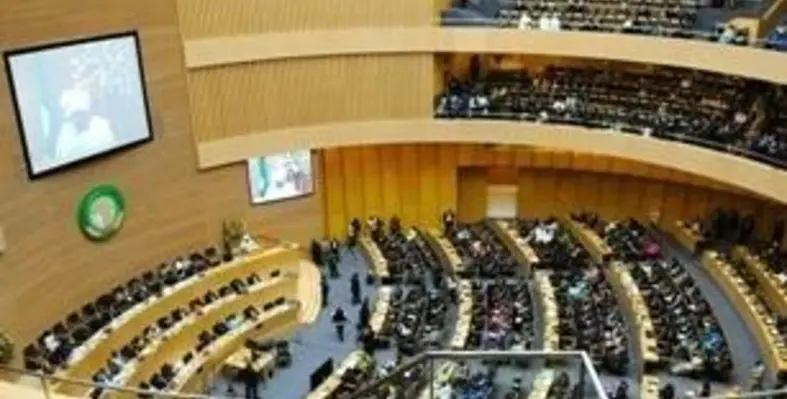Page 2 of 2
In Washington, Zuma met with US Senator Christopher Coons, a Democrat and chairman of the Senate Sub-Committee on African Affairs, and with Republican Senator Johnny Isakson, Ranking Member of the Sub-Committee on International Trade, Customs and Global Competitiveness.
Those talks focused on diversifying the AU-US partnership outlined in a Memorandum of Understanding signed earlier this year to boost cooperation on security, sustainable development, and the promotion of trade and investment.
Long central to that relationship has been the Africa Growth and Opportunity Act (AGOA), which is up for renewal. Coons was optimistic that there would be quick action there as "support for Africa is one of few areas of consensus between Democrats and Republicans".
Isakson and Zuma discussed enhancing AGOA to give it a wider and more-lasting impact by extending its duty-free exemptions for 15 years. Zuma highlighted the African Development Bank's Africa 50 fund to generate more internal investment. She asked that USAID and the Millennium Challenge Corporation boost support for regional initiatives on economic integration to encourage both local supply chains and greater US investment.
In talks with the UN Industrial Development Organization director, General Li Yong, Zuma emphasized agro-industry as a development catalyst.
"We are looking at agriculture as one of the important drivers for industrialisation," she said. "We have the land, the people and the products, but we need to process more of our products in order to create jobs for young people."
In Africa, only 11 per cent of external trade is within the continent. By comparison, half of Asia's trade stays within the region and 70 per cent of European trade takes place within the EU.
UN Economic Commission for Africa regional integration and trade division director, Stephen Karingi, said the continent was working to catch up.
"They have had to come up with common positions on their discussions, negotiations with bilateral partners, for instance the EU," Karingi remarked. "Much more importantly, however, they had to come and agree on what they need to do as sub-regions in the context of deepening regional integration through the regional economic communities."
Intra-African trade barriers cost the continent billions of dollars annually through poor infrastructure, inefficient customs, cumbersome visa formalities, corruption and high-transportation costs.
Getting to an Africa-wide free trade zone by 2017 will mean hard choices, said AU trade and industry director Treasure Maphanga.
"In many countries there is political will that exists at a certain level," Maphanga said. "Intra-Africa trade does not just depend on one ministry. It does not just depend on the head of state. It depends on the whole government machinery. And coordinating toward a specific goal."
Scott Stearns












